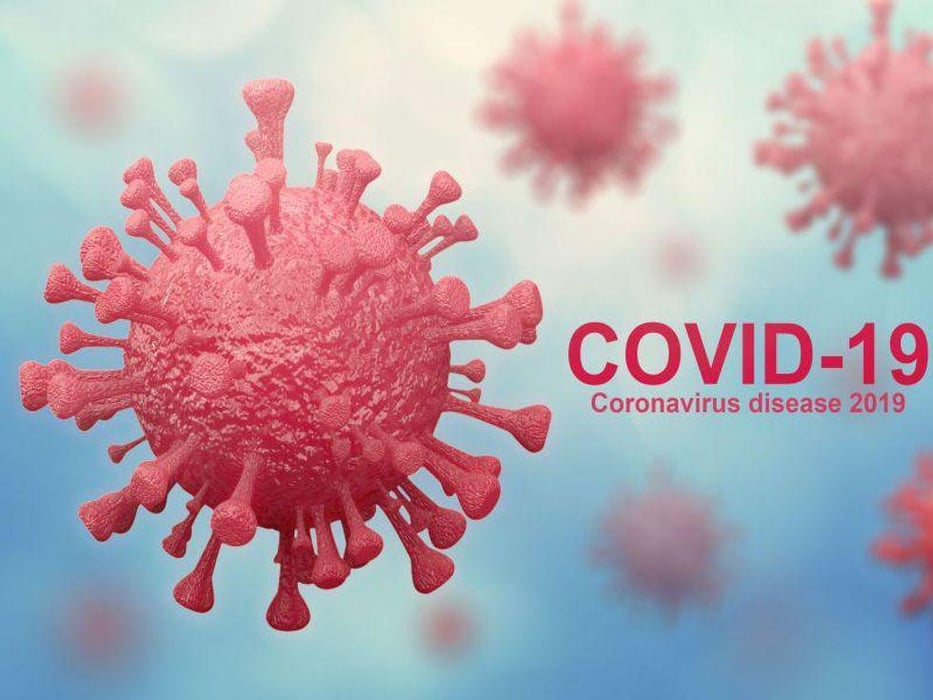Antibodies to Early Strains of COVID May Not Fight New Variants: Study

WEDNESDAY, Sept. 22, 2021 (HealthDay News) -- Antibodies from current COVID-19 vaccines don't bind well to the new variants of the virus, a study finds.
Researchers collected data from previously published papers about the sequence of antibodies produced by the vaccines. They focused on antibodies against the spike protein, a part of the virus that binds to receptors on human cells to infect them. It's the target of most vaccines.
"Antibody response is quite relevant to everything from understanding natural infection and how we recover from infection to vaccine design," lead researcher Nicholas Wu said in a news release from University of Illinois Urbana-Champaign. He is a professor of biochemistry.
The body can make an estimated 1 trillion different antibodies, so when people are making similar antibodies to a particular virus, it means vaccines can be designed to elicit it. It also means it is likely going to improve responsiveness to it, Wu explained.
This study found that many antibodies converged into two groups, indicating an immune response to the virus.
"We really focused on characterizing the antibodies created in those infected with the original strain of the virus," said first author Timothy Tan, a graduate student.
He noted that variants hadn't been much of a problem before the study began. But, Tan added, once they emerged, researchers wanted to see whether common antibodies were able to bind to newer variants.
"Even though this antibody response is very common with the original strain, it doesn't really interact with variants," Wu said. "That, of course, raises the concern of the virus evolving to escape the body's main antibody response. Some antibodies should still be effective -- the body makes antibodies to many parts of the virus, not only the spike protein -- but the particular groups of antibodies that we saw in this study will not be as effective."
Researchers said they would like to do similar studies of antibody responses to Delta and other variants, to see if they also produce a response and how it differs from the original strain.
The findings were published recently in the journal Nature Communications.
More information
The U.S. Centers for Disease Control and Prevention has more information about COVID-19 vaccines.
SOURCE: University of Illinois Urbana-Champaign, news release, Sept. 17, 2021
Related Posts
Stage Shift Seen With CT Screening for Lung Cancer in the U.S.
THURSDAY, March 31, 2022 (HealthDay News) -- From 2014 to 2018, there was an...
Operating Overnight Not Tied to Worse Outcomes for Next-Day Surgeries
WEDNESDAY, May 25, 2022 (HealthDay News) -- Operating overnight is not...
Many Women Over 65 Are Dying of Cervical Cancer. What Needs to Change?
MONDAY, Jan. 16, 2023 (HealthDay News) -- A new study shows that many women...
